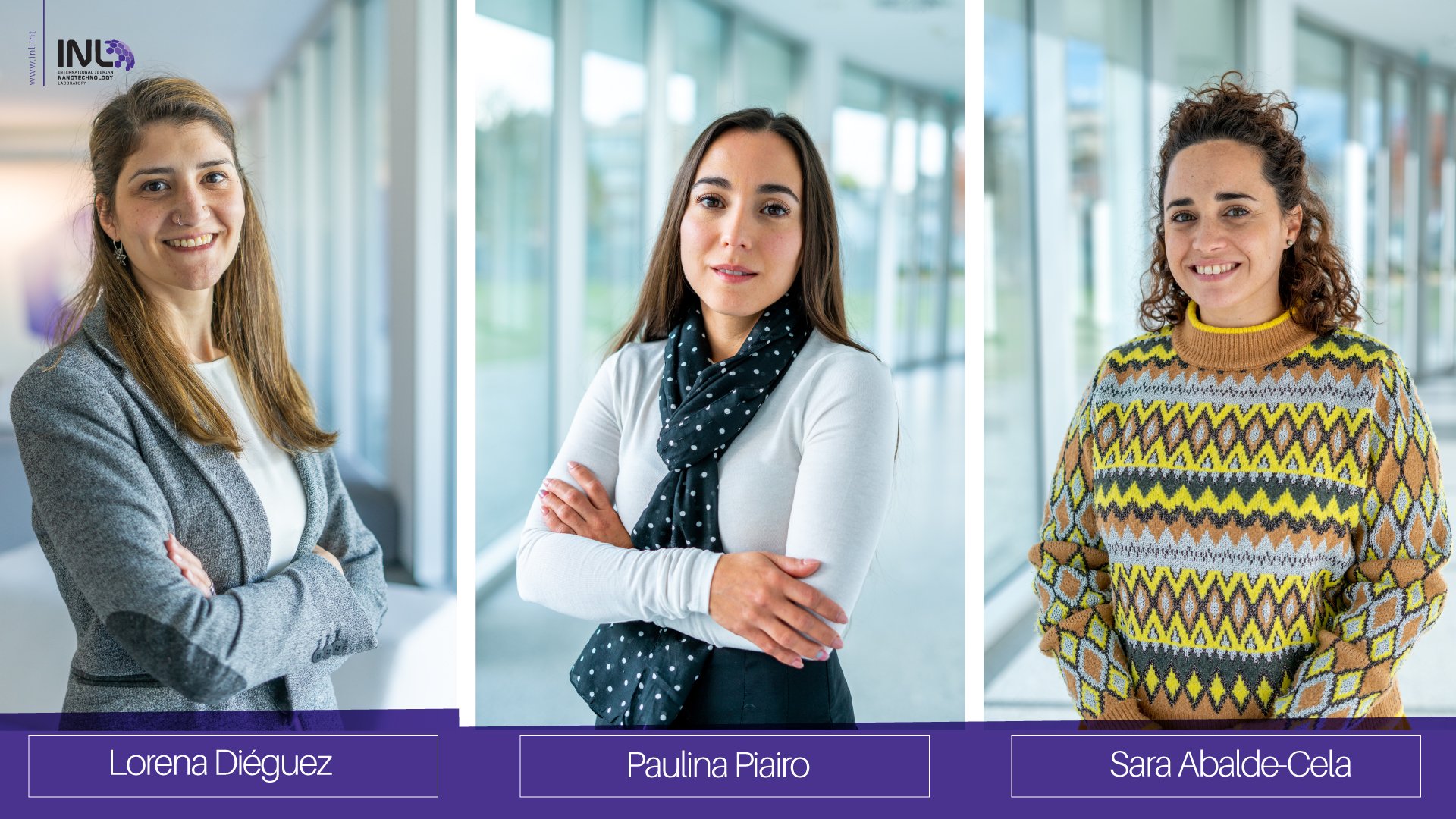
Two researchers from INL awarded with the Health Research Projects 2020 from “La Caixa” Foundation to fight Parkinson’s disease and colorectal cancer
September 1, 2020
Jana B. Nieder, leader of the research group on Ultrafast Bio- and Nanophotonics, and Lorena Diéguez, leader of the Medical Devices research group, both from INL – International Iberian Nanotechnology Laboratory, have secured the support from the Spanish “La Caixa” Foundation Health Research Projects 2020 for two different projects with a total amount of close to 2 million euros.
INL will host the “Diamond photonics platforms for synaptic connectivity assessment in healthy and Parkinson disease neuronal models” (Diamond4Brain), in collaboration with the Fundação para a Ciência e Tecnologia (Portugal).
Parkinson’s disease is the second most prevalent neurodegenerative disorder in the world. In Europe alone, more than a million people are diagnosed with this pathology, which reduces their quality of life and that of those around them. There are currently only a few diagnostic tools or therapeutic options.
This project seeks to apply the latest technologies in quantum mechanics to measure changes in neuron activity and connectivity, through diamond nanosensors that emit fluorescent light in response to changes in cell temperature and magnetic field.
This technology, which got the support of 999.982 €, is characterized by its high sensitivity and will be tested in miniature brains (organoids) to validate the technique in neuroscience. This will enable a better understanding of Parkinson’s disease, improve early diagnosis, and enhance treatments.
3D bioprinting, a new tool to improve cancer survival rates
Another project involving INL researcher Lorena Diéguez will be hosted by the Institut de Bioenginyeria de Catalunya, and coordinated by Elena Martínez, including also Elena Elez, from the Fundació Institut Investigació Oncològica Vall Hebrón (VHIO), both from Spain.
The project “BioPrinted hydROgel MicrofluldicS to mimic patient-specific tumour metastatic microenvironment” (PROMISE), awarded with 981.675 €, aims to help patients with colorectal cancer, who usually get a good prognosis when the tumour is localized.
Once the cancer spreads and metastasis occurs, the therapeutic options are limited, and it becomes difficult to predict the patient’s response to the chosen treatment.
Novel methods of 3D bioprinting enable the generation of three-dimensional cell models that imitate the human physiology to test new therapeutic strategies in the laboratory. These models have the advantage of accurately mimicking the patient’s specific tumour and its surrounding environment.
A liquid biopsy can non-invasively monitor the therapeutic response in real-time, studying tumour cells that are in the bloodstream and that are ultimately responsible for the metastasis process.
This project, which combines 3D bioprinting and advanced liquid biopsy techniques in an organ-on-a-chip device, seeks to provide doctors with new tools to understand and monitor the evolution of the disease in patients with metastatic colorectal cancer and thus improve their survival rate.
The “La Caixa” Health Research Projects 2020, the third edition of this initiative, is one of the most competitive calls for support to scientific projects, with a global budget of 15 Million euros, having received 600 applications, from which 21 were selected for this prestigious award, meaning a success rate of 3,50%.
The selected projects will now be carried out until September 2023, when the research “results are due to be presented.
All the information can be found here.



